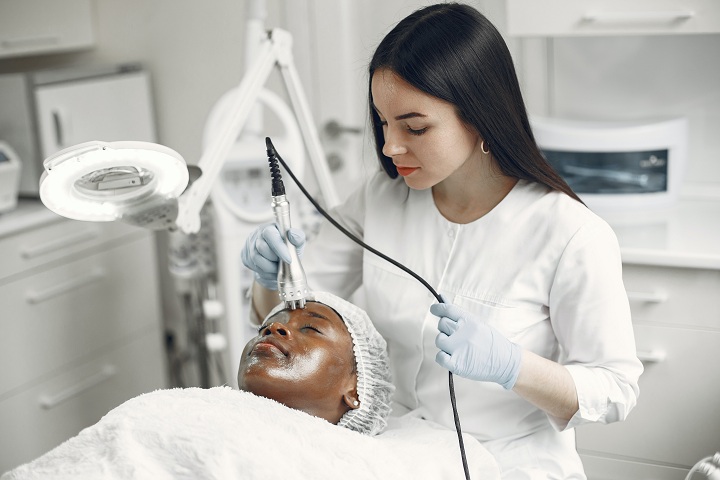A dermatologist is a medical doctor who specializes in the diagnosis and treatment of conditions affecting the skin, hair, and nails. Dermatologists may also provide cosmetic services, such as laser hair removal, botox injections, and skin tightening.
Dermatologists like dermatologist boca raton are trained to recognize and treat more than 3,000 different diseases of the skin. Common problems that dermatologists treat include acne, eczema, psoriasis, rosacea, skin cancer, and warts.
If you have a problem with your skin, hair, or nails, you should see a dermatologist. You can find a dermatologist by asking your primary care doctor for a referral or by searching online for “a dermatologist near me.
Examine skin
At its best, skin is a well-oiled machine. It’s our largest organ and it protects us from the outside world. But when skin isn’t functioning, it can be a source of frustration and even embarrassment.
If you’re concerned about your skin, the first step is to visit a dermatologist. These skin doctors are trained to identify and treat all sorts of problems, from acne to eczema to skin cancer.
During your appointment, the dermatologist will ask about your medical history and do a physical exam of your skin. They may also order tests, like a biopsy, to get a closer look at suspicious areas.
Don’t hesitate to see a dermatologist if you’re worried about your skin.
Identify skin conditions
Skin conditions are very common and can affect anyone, regardless of age, gender, or race. There are many different types of skin conditions, ranging from mild to severe. Some common skin conditions include acne, eczema, psoriasis, and rosacea.
Acne is a very common skin condition that affects teenagers. It is characterized by the presence of pimples or blackheads. Acne can be mild or severe, and in some cases can lead to scarring. Eczema is another common skin condition that causes the skin to become dry, red, and itchy. It can affect people of all ages but is mostly seen in children. Psoriasis is a chronic skin condition that causes the skin to become scaly and inflamed. It can be painful and can often lead to emotional distress.
Develop treatment plans and what to expect during a consultation:
If you’ve ever been to a dermatologist, you know that consultation is the most important part of the process. Here’s what you can expect during your consultation:
First, your dermatologist will ask about your medical history. This includes any skin conditions you have, medications you’re taking, and allergies you have. They’ll also want to know if anyone in your family has had skin cancer.
Next, they’ll do a physical examination of your skin. They’ll look for anything unusual, such as moles or birthmarks. They may also use a device called a dermoscope to get a closer look at your skin.
Finally, they’ll discuss treatment options with you. If they find anything suspicious, they may recommend a biopsy. Otherwise, they’ll likely prescribe medication or suggest lifestyle changes to help improve your skin condition.

